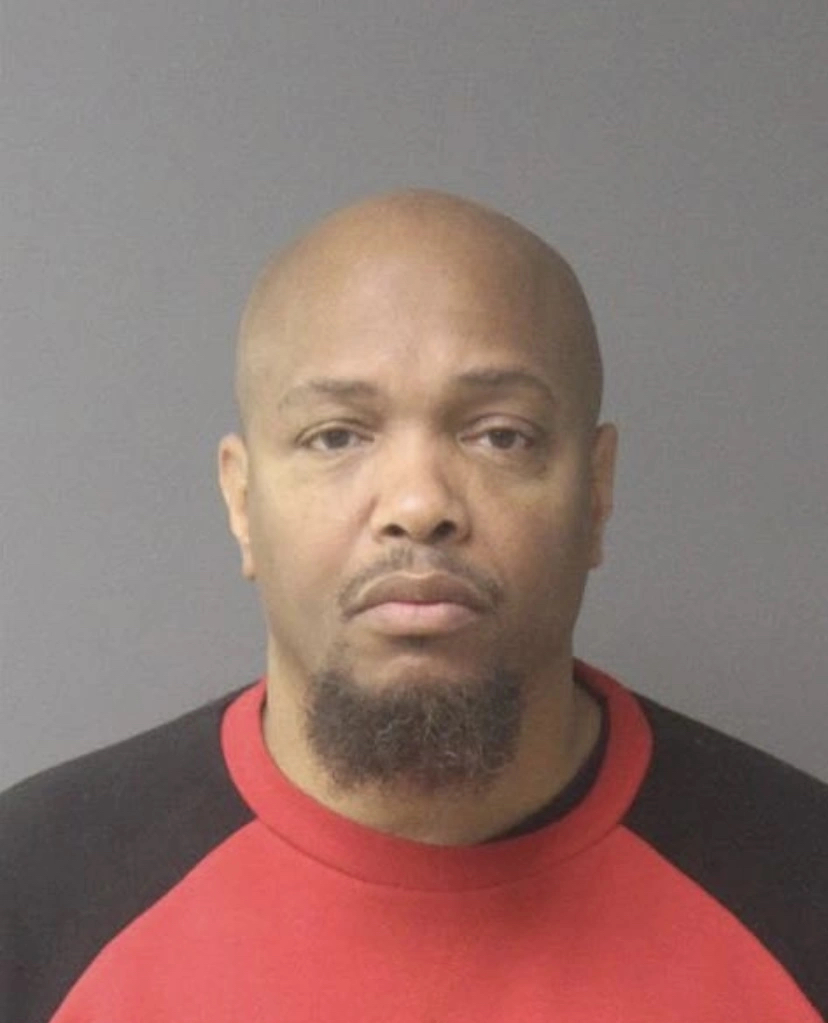Two Delco Correctional Officers Arrested for Allegedly Smuggling Fentanyl into County Prison

(This article first appeared in Broad + Liberty.)
Two correctional officers at the Delaware County prison were arrested Thursday and have been charged with smuggling into the prison a substance that tested positive for fentanyl , court filings and affidavits show.
Adham Diab, 43, and Lina Tarrad, 35, were both arrested by the Delaware County Criminal Investigations Division (CID). Both face three charges: drug possession, possession of contraband, and conspiracy to commit a crime with contraband and/or a possession of a drug. The arrest affidavits say Diab and Tarrad are married.
Magisterial District Judge Wendy B. Roberts set bail at $300,000 for both, requiring a ten percent deposit for release. The court docket says neither was able to post bail.
According to Diab’s arrest affidavit, a prison investigator went into a bathroom that is off limits to the incarcerated population. Diab had been in that bathroom moments before.
The investigator noticed a baggy of a substance that looked like a drug that had apparently been left behind. Investigators then sequestered both Diab and Tarrad and began to question them.
“Diab was then searched and in his pants pockets were one small baggie containing a white substance, stamped ‘waverunner,’” and a similar bag was found on Tarrad, according to the affidavits.
“The narcotics was field tested…and tested positive for Fentanyl,” the CID detective said in the affidavit.
A spokeswoman for the county declined to comment, citing an ongoing investigation.
The website vinelink.com, which tracks inmates all across the country, indicated that both suspects had been transferred to a different prison, most likely so the two would not be residents among the same prison population they had been policing just days before.
Fentanyl acts similar to opioids like heroin, but is “a synthetic opioid that is up to 50 times stronger than heroin and 100 times stronger than morphine,” according to the Centers for Disease Control. The CDC also estimates that “[o]ver 150 people die every day from overdoses related to synthetic opioids like fentanyl.”
Court records also show the pair were involved in a landlord-tenant dispute last year in which the plaintiff, NOPG Owner LLC, was awarded over $9,000 in damages of unpaid rent.
The arrests come just weeks after the president of the prison employees union, Frank Kwaning, publicly went before the Delaware County Council to tell the five-member board that employee morale at the George W. Hill Correctional Facility was dangerously low.
“The [union] members are as frustrated as they could be. So through the members, I am told to let you know that the council should step in,” Kwaning said on Dec. 13. “Go to the facility. Talk to the members. The morale is at its lowest level. One may have thought that with this interim agreement that we have with the $3 raise that we have gotten — and we thank the council for agreeing with the union for the $3 raise — we were of the view that with the $3 raise, the morale was going to be up. But because of the treatment that has been meted out to the members, the morale is at its lowest, at best.”
Councilmember Richard Womack told Kwaning the county “would likely try and see if we could fix that in some kind of way.” Councilman Brian Madden, who heads the county Jail Oversight board refuted Kwaning’s notion that the council had been hands-off in its management style.
“Mr. Kwaning, I recognize your position as head of the union. Given the fact there is an open negotiation over an agreement, I will, as always, refrain from engaging in a back-and-forth about such things,” Madden said. “But I will certainly remind you and others that I am regularly at the facility and I am regularly interacting with the workforce. So, you know, any suggestion that council is not involved regularly with our facility would be inaccurate.”
The GWHCF was the last privately managed prison in Pennsylvania until 2022. In February of that year, the county installed its own handpicked warden. In April, the facility shifted back to government control.
Since then, the annual budget of the prison has gone up, recidivism has not been reduced, deaths per year at the facility are up, even though the daily population has been down by about nineteen percent.
Update: This article has been modified from its original version to include information about the 2023 landlord-tenant dispute involving Tarrad and Diab.



